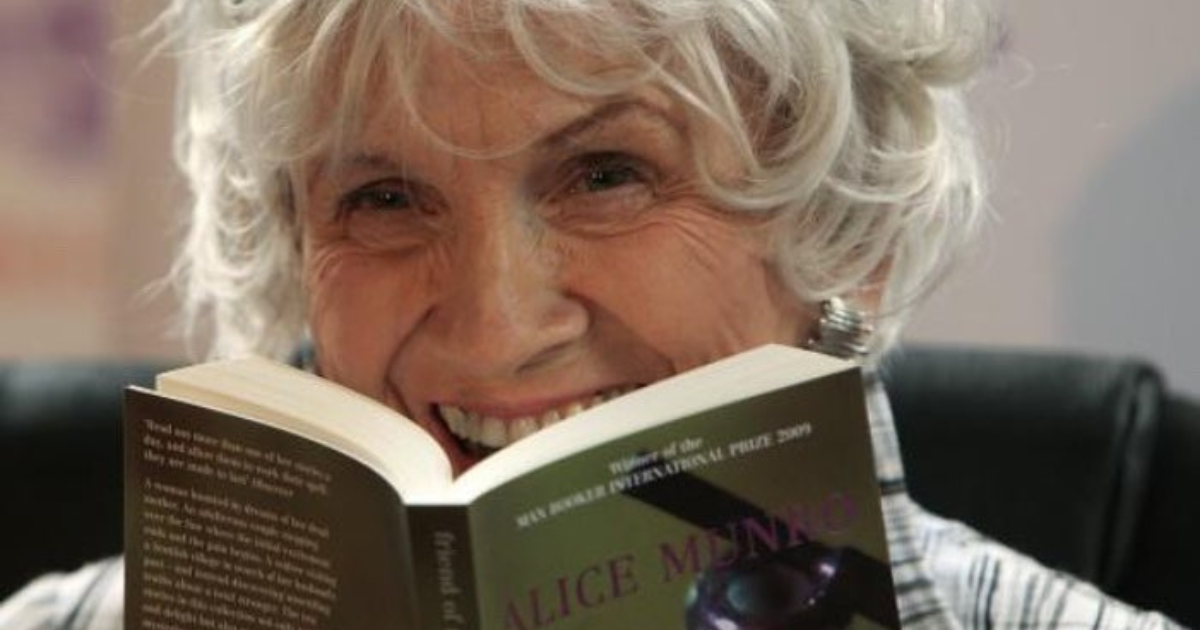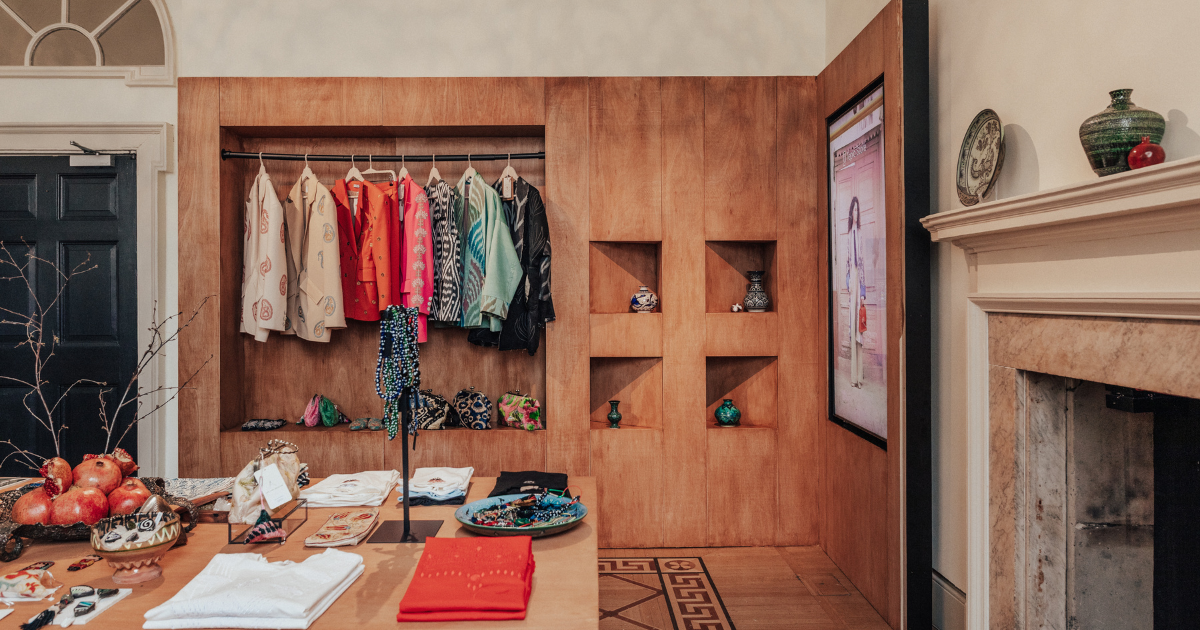Three voices of the scene:
how young DJs are shaping Tashkent's electronic culture
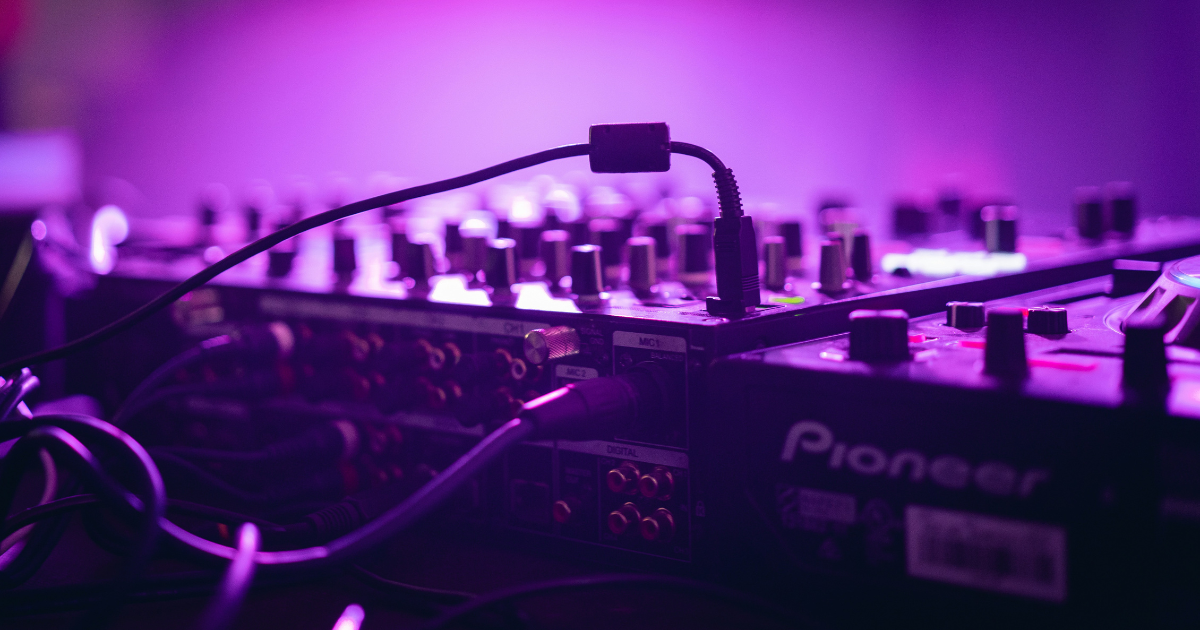
The electronic music scene in Tashkent is no longer a niche hobby – it’s a growing culture with its own sound, faces, and values. We spoke with three DJs – Bogdan, Islam, and Intizor to understand how they see the present and future of this industry. Each has their own unique tone, but they’re united by a passion for music and a desire to push the culture forward.
Bogdan: “The future is now.”
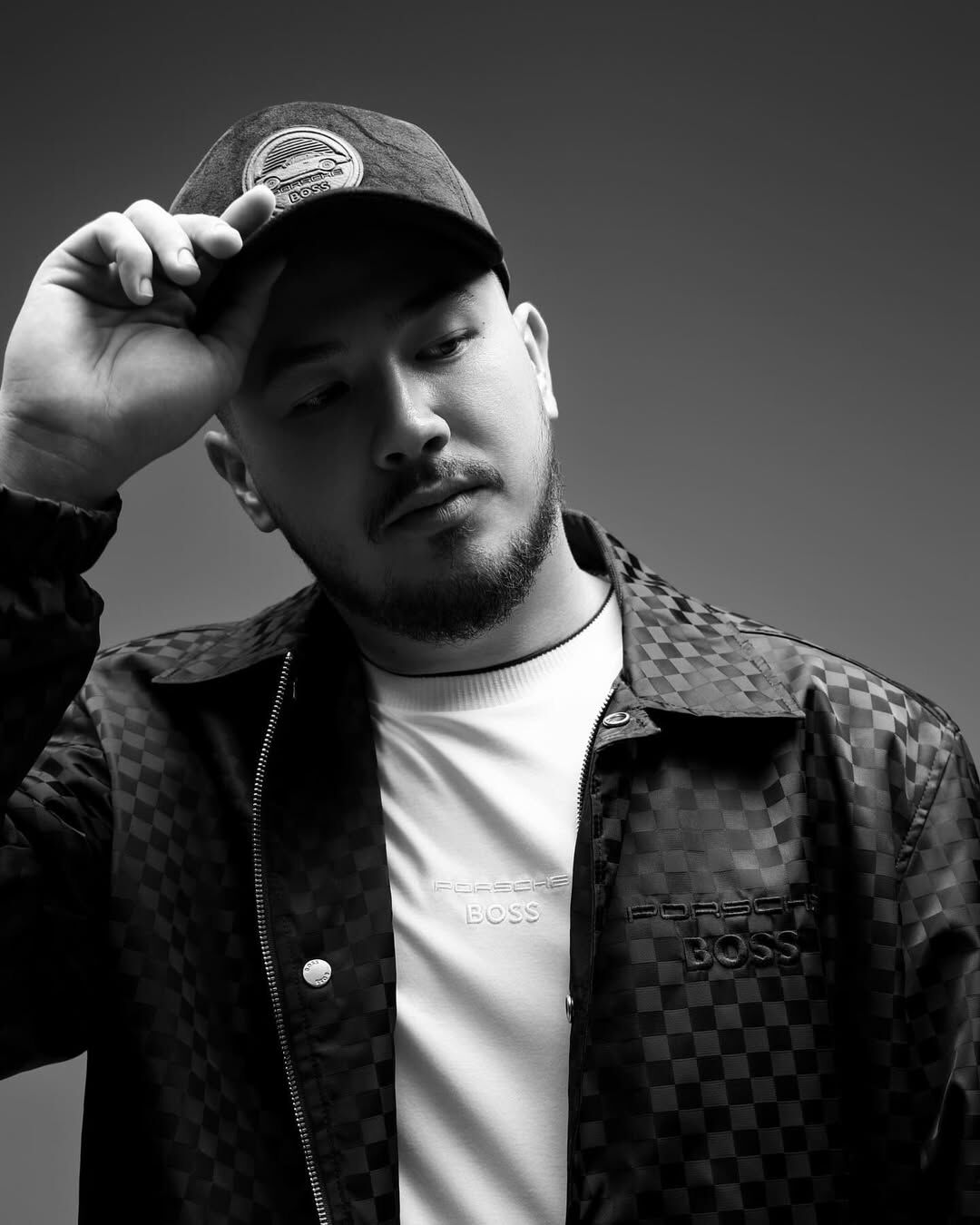
“I wasn’t one of those who had to break through for years. I just happened to be in the right place at the right time – with the right musical taste. I got lucky, but I also listened a lot, studied, and searched for my style.”
He now prefers Afro House and Tech House – not the most mainstream genres, but honest, energetic, and deep.
“I’m glad that audience tastes are evolving. Fewer requests for big hits, more interest in music as an atmosphere. That opens up a lot of room for experimentation.”
Bogdan attributes a key role in the scene’s development to the internet, access to global artists, live sets, and forums. Additionally, the rise of local venues in the city.
“There are places now that take music seriously, where the DJ isn’t just ‘background noise’ but a full-on mood curator. These are the spaces that move culture forward.”
The fashion industry remains uncharted territory for now. He’s just starting to explore sound production and hopes to use his music in fashion video projects.
“I’d love to eventually collaborate with a fashion show. For now, I’m drawing inspiration from visuals, collecting references, and learning.”
Among the challenges: stereotypes about DJs.
“Please stop asking us to ‘play something more cheerful.’ We’re not in a dive bar – we create a mood. Music isn’t background, it’s a message.”
He breaks stereotypes with humor and confidence.
“I have a friend, DJ Trace — he plays at venues but also produces his own music. International artists support him, and he’s currently on tour in the U.S. None of the usual stereotypes apply to him — he’s a clear example of how to successfully combine club performances with sound production. Trace proves that DJing is not just “button pushing,” but a serious profession.”
About the future of electronic music in Uzbekistan, Bogdan says: “It feels like the future is already here. There are so many festivals and parties happening, with a ton of new names, and every artist already has their own listener base.”
Islam (ISL): “The scene is becoming a cultural phenomenon.”
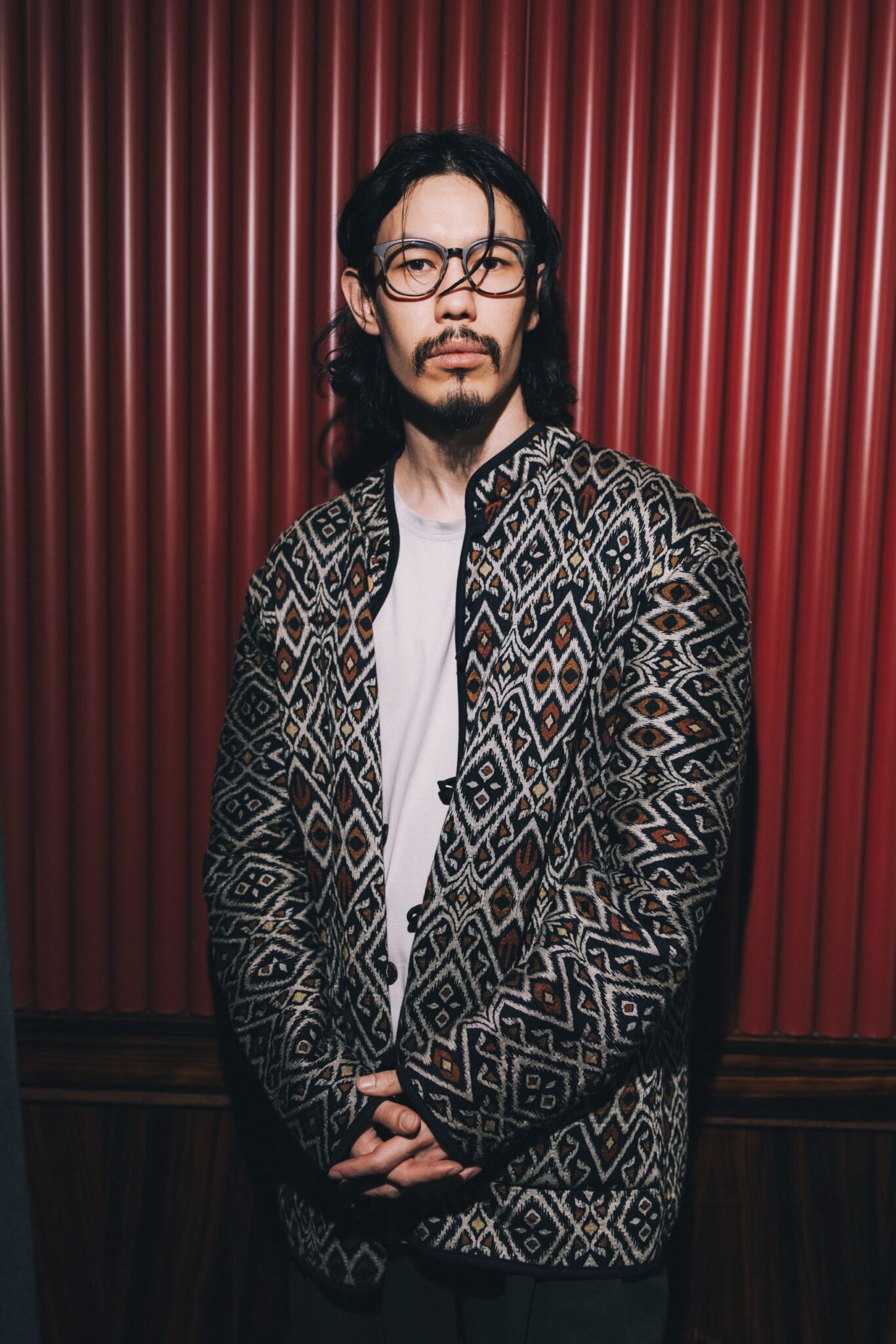
“The electronic scene in Tashkent has grown significantly. What used to be niche, with small local events, has evolved into a community. We’re seeing new artists, bigger audiences, developing festivals, and stronger ties to the international scene.”
Islam plays at daytime events that combine music, aesthetics, and local style. Collaborations with Calvin Klein, performances at Fashion Week, and playlists for Elle – all these show the merging of fashion and music.
“Fashion is becoming more eclectic and freer, and this reflects in the music world. People are stepping away from strict genre boundaries and experimenting with identity. The influence of the '90s, Y2K, techno aesthetics, and futurism is echoing in both clothing and electronic music. At the same time, music sets stylistic codes: rave culture, underground aesthetics, and minimalist forms are now influencing wardrobes.”
Challenges are a lack of agencies, labels, and producers. “One of the biggest issues is the limited number of venues. Unlike in major European cities, there aren’t many places here where you can experiment with format and sound. And then there’s funding. Many talented people can’t afford quality equipment, promotion, or travel to international events.” He also admits to internal barriers — perfectionism and delayed releases.
“But all obstacles are just challenges that help you grow stronger.”
Islam sees a bright future: “Young artists are a breath of fresh air. The main thing is – don’t stop.”
Intizor (Itni): “Music is a way to speak about yourself.”
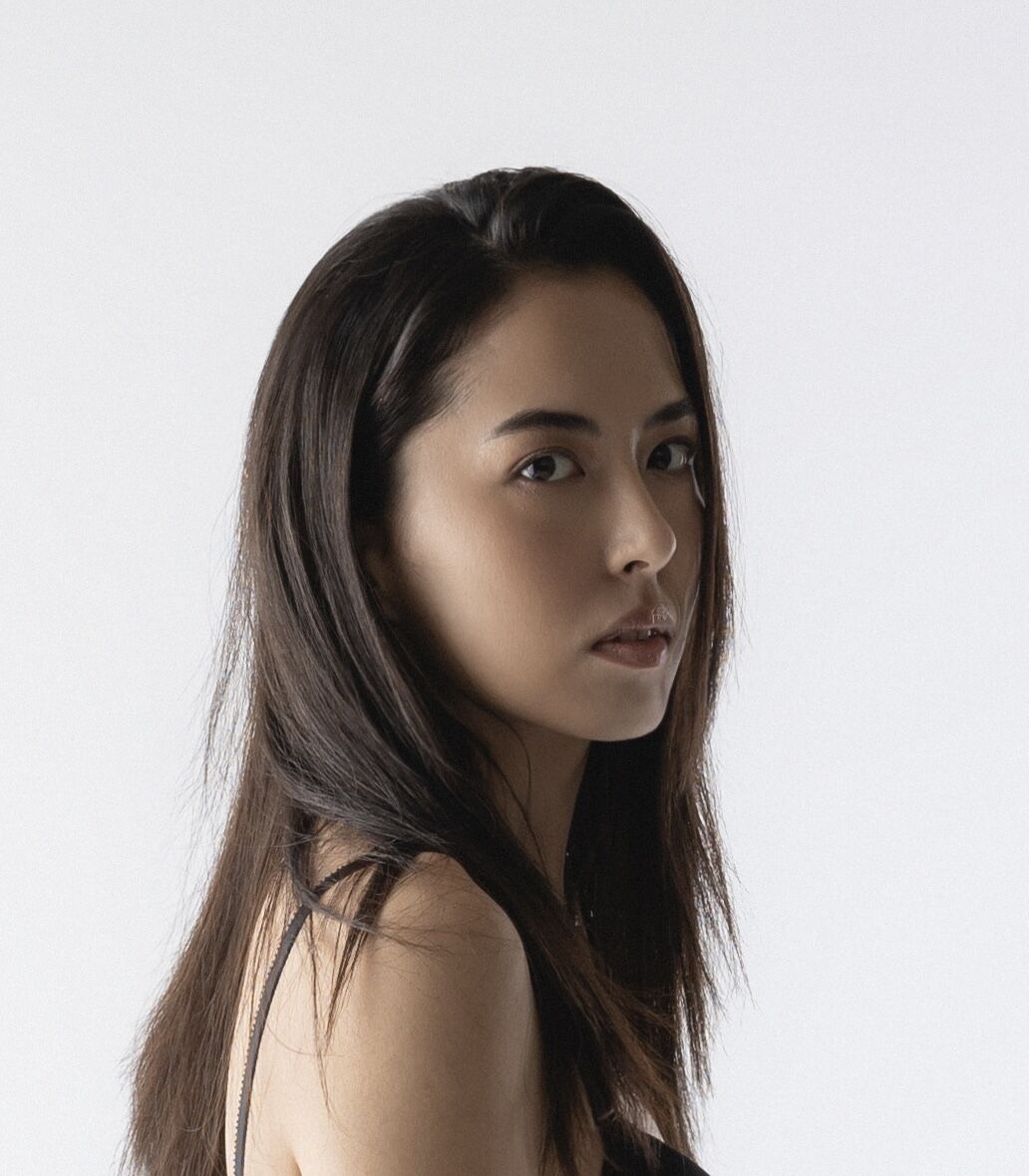
“A year and a half ago, I arrived here, and instantly felt it: the scene is alive. It’s accessible, sincere, and full of energy.”
On the link between fashion and music: “I noticed that music has become key to conveying a concept at fashion shows. I once saw a designer curate a playlist while sketching a collection. She consulted me on the sound and style.
The playlist and designs came together simultaneously. It’s no longer just background – it’s part of the art.”
Intizor notes a growing interest in ethno-aesthetics, identity, and roots, both in fashion and music.
Among barriers are venue instability, self-doubt, and closed communities.
“It’s important to preserve yourself and not get lost in audience expectations. And to stay open.”
Women DJs face their own challenges:
“The best compliment I ever received was: ‘I thought a guy was playing.’ Because sound comes first.”
“Music is a way of speaking about who you are. And right now, in Tashkent, this conversation is just beginning.”

